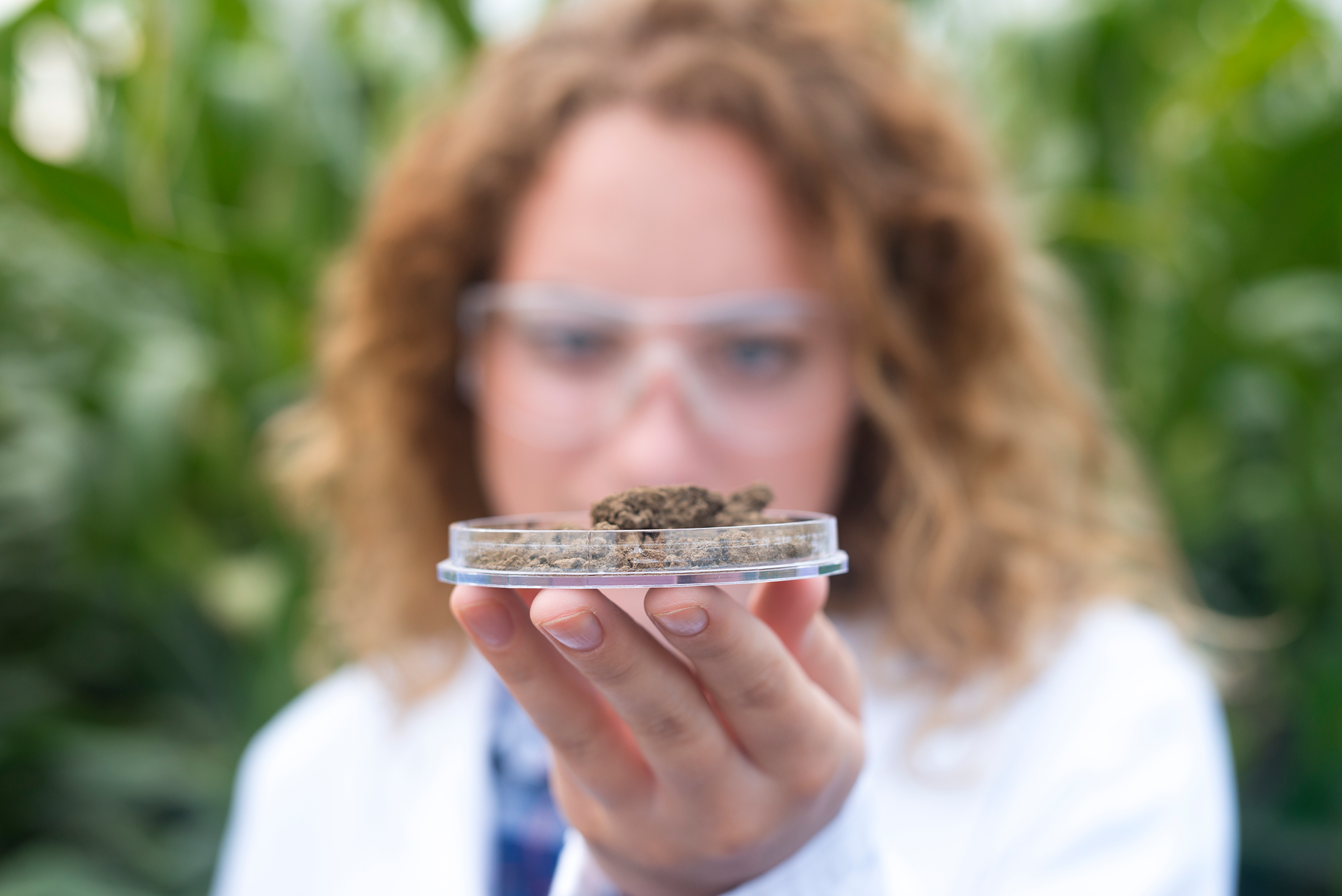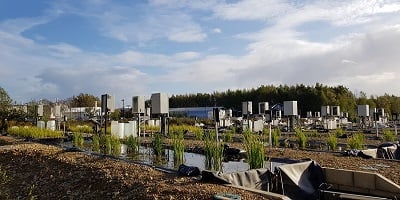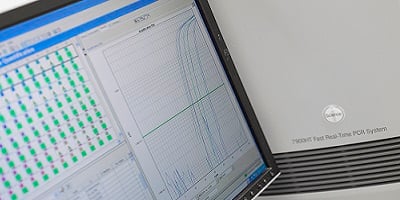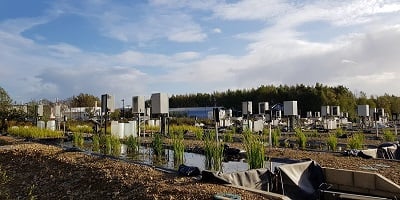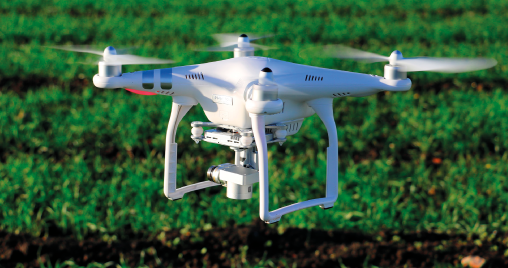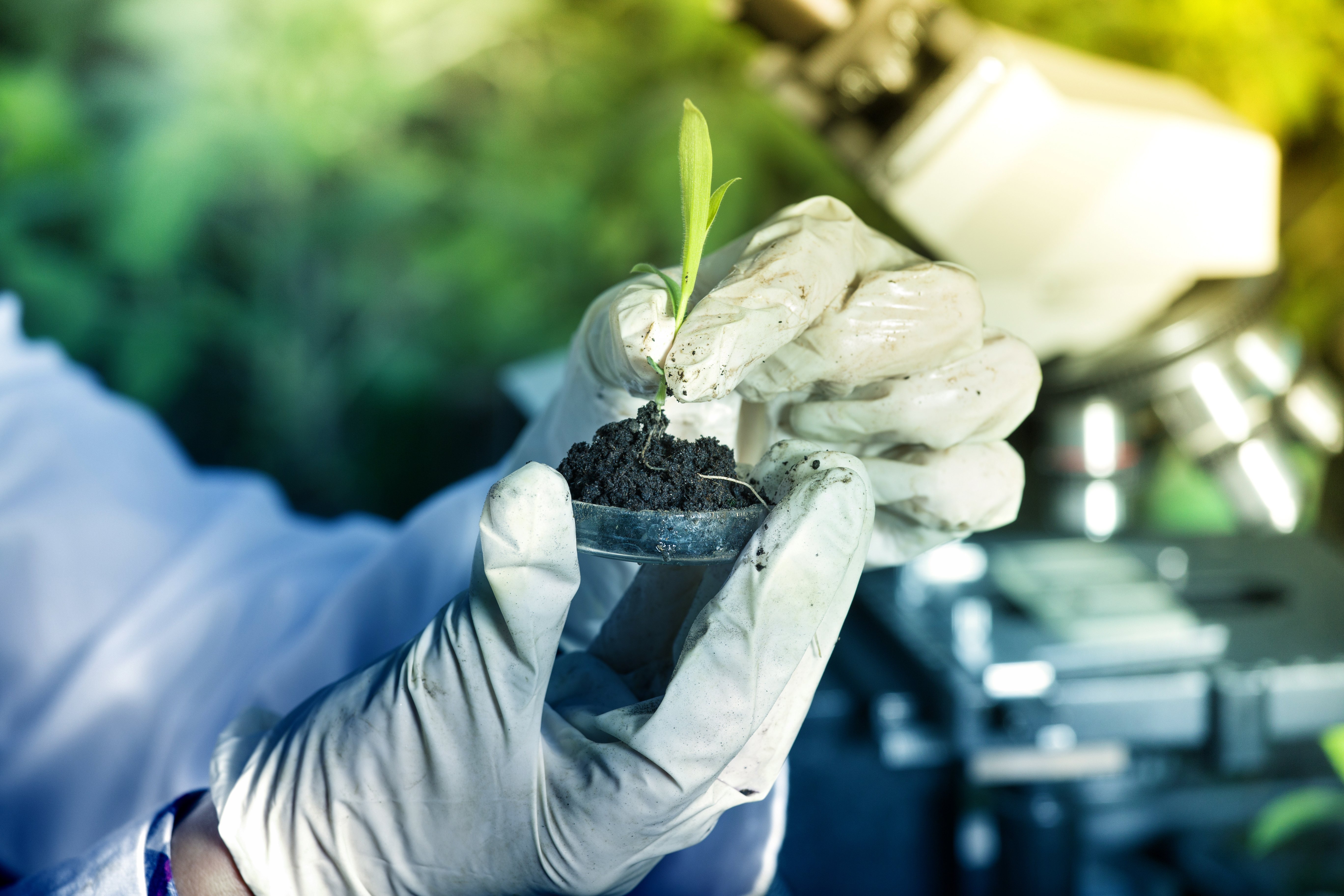The UK and global food industries face a variety of complex challenges, from unpredictable climate patterns to evolving pest and disease threats - which not only jeopardise food security but also place immense pressure on food supply chains.
No single organisation, sector, or country can solve these challenges alone.
In recent years, cross-sector collaboration has diminished with the loss of sector-specific levy boards and growing resource constraints within companies, however collaborative research in the food sector has never been more critical. The food system is under immense pressure to produce more, waste less and do so in a way that is sustainable for both planet and people. As individual organisations or sectors may struggle to address all aspects of these challenges alone, collaboration emerges as a key driver for innovation, this blog will discuss why collaborative research is essential.
The decline in cooperation has resulted in a fragmented approach to food innovation, slowing the progress urgently needed to tackle large-scale challenges. Food systems are inherently complex, involving agriculture, science, economics, health and sustainability and historically research often happened within silos. Collaborative research pulls in experts from diverse disciplines – scientists, farmers, policy makers, and economists to share knowledge and create more comprehensive solutions.
Initiatives such as Enigma are setting a new standard for collaborative research in the food industry.
Partnering with growers to drive open innovation
Cross-sector collaboration is central to the Enigma model. Our research projects are driven by experts from across the agri-food sector, who partner with scientists to share perspectives, knowledge, and resources.
Our partners include:
- Arable farmers and fresh produce growers
- Experts in crop production, crop protection and grain marketing (including agronomists and seed companies)
- Food and beverage supply chain leaders
- Global trade associations (such as the Fresh Produce Consortium)
The agricultural sector are one of the biggest contributors to the food system and farmers and growers are at the frontlines of many foods related challenges, from climate change to soil degradation. The collaborative approach ensures that research projects are practical and can be rapidly implemented to address key issues from all perspectives.
Successful collaborative research for the agri-food sector
At Fera, this multi-disciplinary approach is at the heart of our Enigma projects. The success of these ambitious research efforts is rooted in the involvement of those "on the ground". Our project partners not only contribute to the scientific process but also provide the critical ideas for R&D, based on the most pressing knowledge gaps they experience first hand.
Whether it’s improving crop diversity through precision agriculture or reducing pesticide use with integrated pest management (IPM), partnerships help scale innovations faster, ensuring they make a meaningful impact.
A perfect example of this in action is our Enigma I project, which addressed a critical knowledge gap: the lack of effective tools to manage wireworm, a pest responsible for up to 10% yield loss annually for potato, fresh produce, and maize growers. By working with industry partners like Syngenta and G’s Fresh, we developed a photographic key that allows farmers to better identify, monitor, and control wireworm populations. This innovation not only filled a gap in pest management but transformed pest control strategies across the sector, illustrating the power of working together and, fast-paced research.
How fresh produce research can support food security
The safety and security of the global food supply is a priority that demands constant innovation. Collaborative research allows for the sharing of data, resources, and technologies to improve food safety standards worldwide. For example, partnerships between regulatory agencies, food producers, and research institutes have led to better tracking and tracing technologies, to ensure the quality and safety of food from farm to fork.
Additionally one of the biggest threat to food security comes from pest and diseases, that contribute to huge crop losses, significantly reducing the availability of certain foods.
 One critical example is the Tomato Brown Rugose Fruit Virus (ToBRFV), which is rapidly spreading across the globe and posing a significant threat to tomato and sweet pepper crops. To address this issue, Enigma II is aimed at closely working with tomato growers and industry partners, with the hope to develop rapid diagnostic tools and management strategies to help detect, contain and prevent outbreaks of ToBRFV. These efforts are not localised to helping just individual crops but strengthen the broader food system and enhancing food security of tomato production.
One critical example is the Tomato Brown Rugose Fruit Virus (ToBRFV), which is rapidly spreading across the globe and posing a significant threat to tomato and sweet pepper crops. To address this issue, Enigma II is aimed at closely working with tomato growers and industry partners, with the hope to develop rapid diagnostic tools and management strategies to help detect, contain and prevent outbreaks of ToBRFV. These efforts are not localised to helping just individual crops but strengthen the broader food system and enhancing food security of tomato production.
Advancing innovative growing methods
As the need for sustainable farming and food production practices become increasingly urgent, agri-food science and technology play a pivotal role in advancing solutions.
In the controlled environment agriculture (CEA) sector, which integrates technology with innovative growing methods, we’re breaking new ground with our Enigma III project. Our Enigma III project is breaking new ground within the controlled environment agriculture sector by integrating technology with innovative growing methods.
This initiative is focused on developing food safety guidance tailored specifically to the vertical farming sector. By combining scientific research with sector-wide collaboration, Enigma III will deliver scientifically validated protocols that ensure food safety while enabling the growth of innovative farming systems.
The power of collaborative research
The challenges facing the food industry are vast and complex. But with the power of collaborative research and open innovation, we can develop solutions that are practical, science-led, and ready to be implemented by those on the ground.
Through our Enigma projects, Fera is leading the way in fostering the partnerships necessary to tackle these challenges ensuring food research initiatives are driven by the needs of the industry and informed by the insights of those who know it best. This collaborative approach is essential for bolstering food security and advancing sustainable innovation.
Become part of the solution and contribute to the benefits of collaborative research. https://www.fera.co.uk/media/wysiwyg/our-science/Enigma//ENIGMA_OVERVIEW.pdf
Learn more about Enigma, our strategic R&D model, the benefits to project partners, and how to get involved here.




